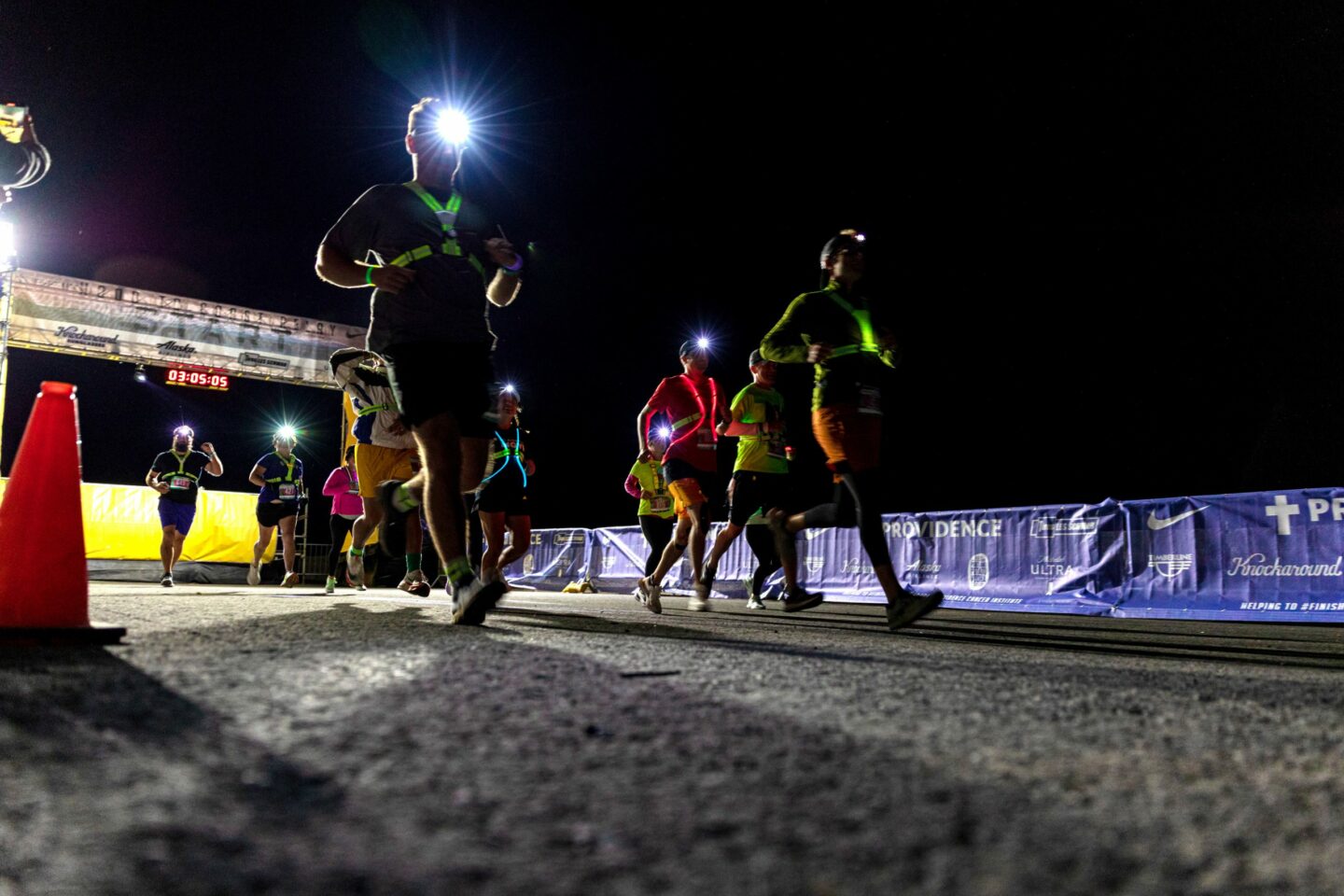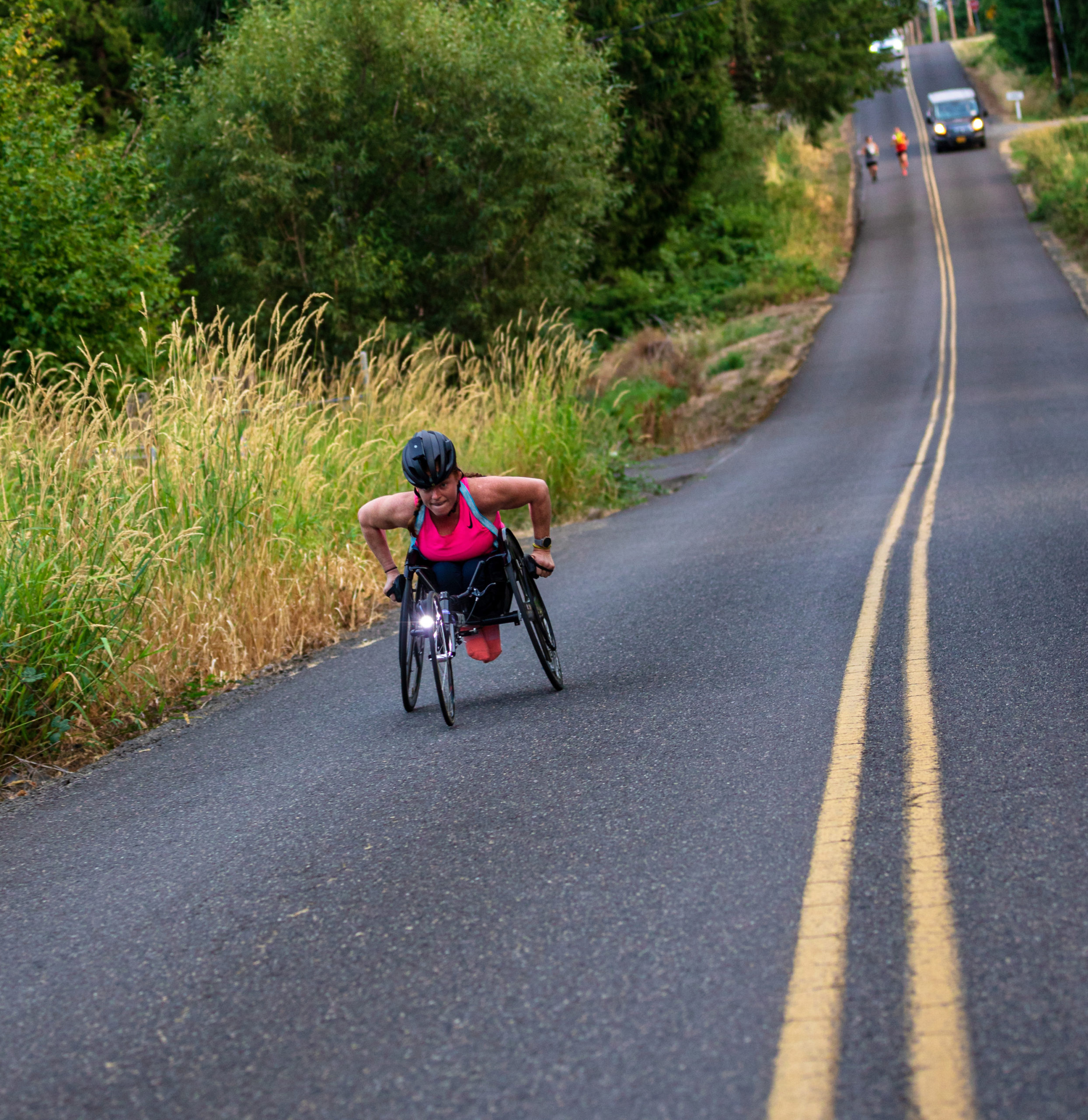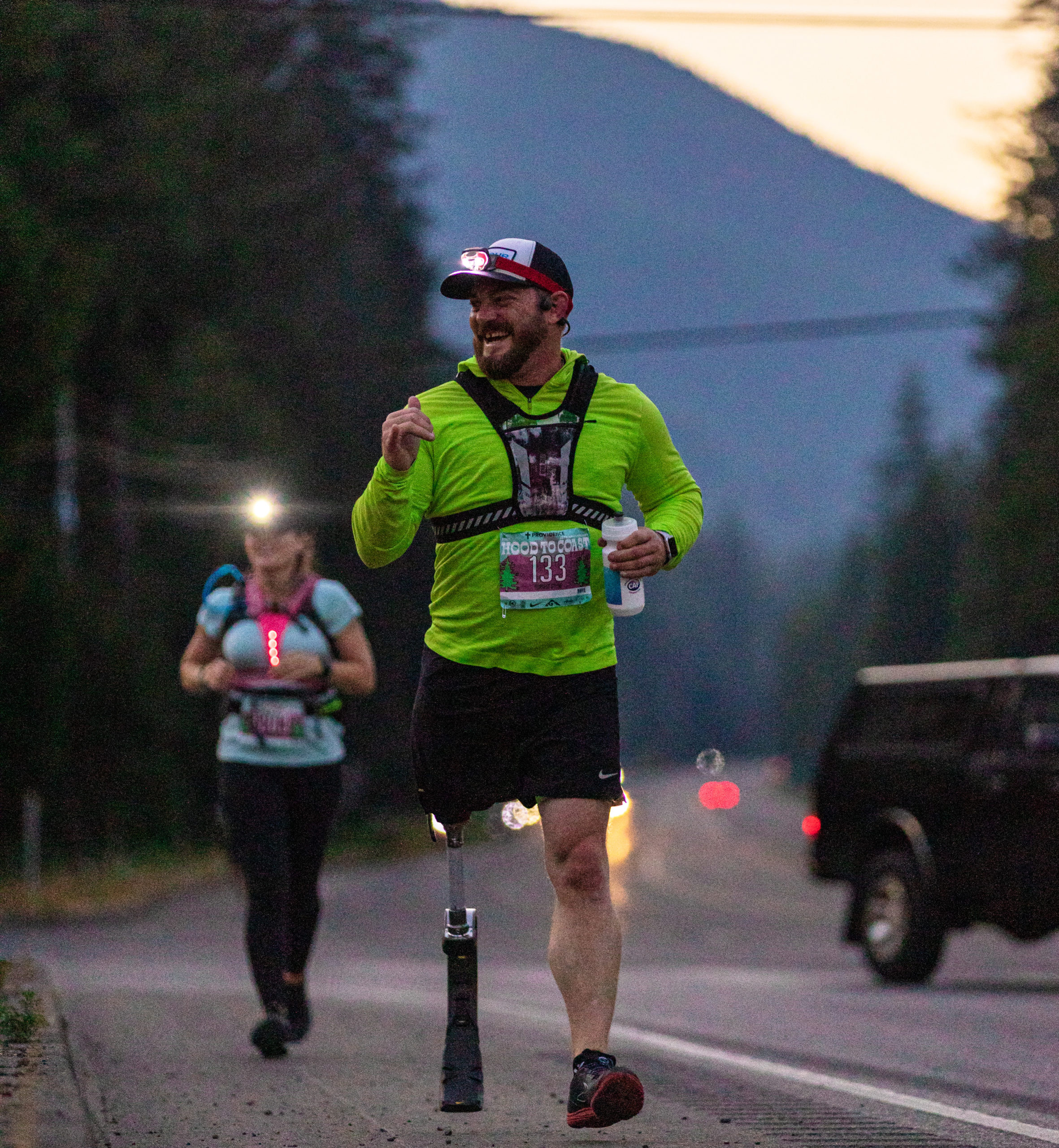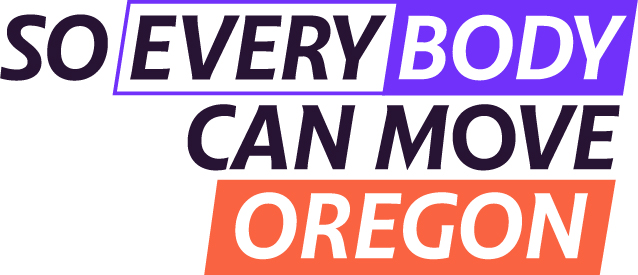
So Oregonians Can Move
We believe movement is medicine and physical activity is a right, not a privilege. But today, thousands of Oregonians living with limb loss, limb difference, and mobility impairment are unable to afford and access life-changing orthotic and prosthetic care that helps them be physically active due to inadequate insurance coverage, “not medically necessary” denials, and high out-of-pocket costs. So Every BODY Can Move advocates are working to change this.
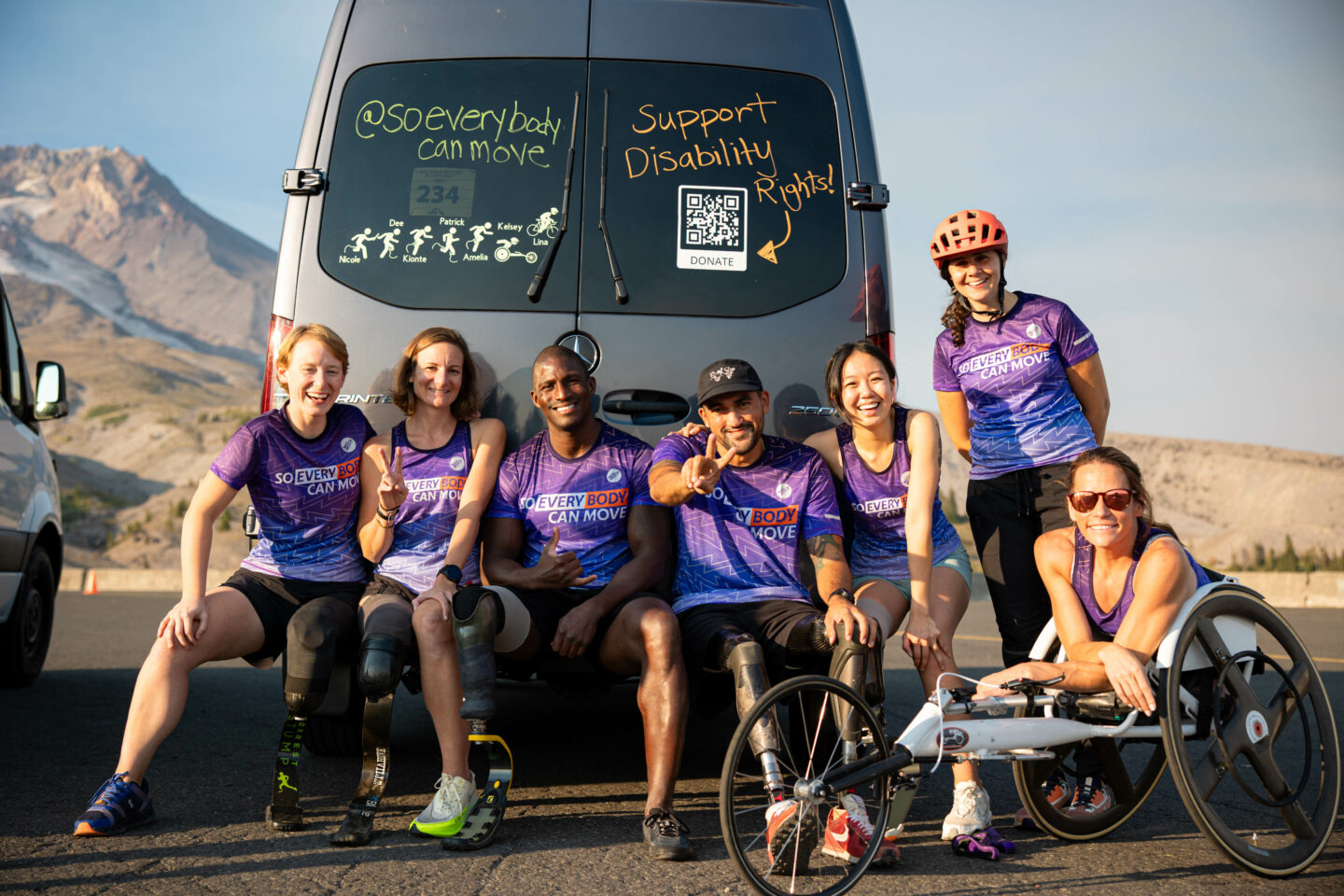

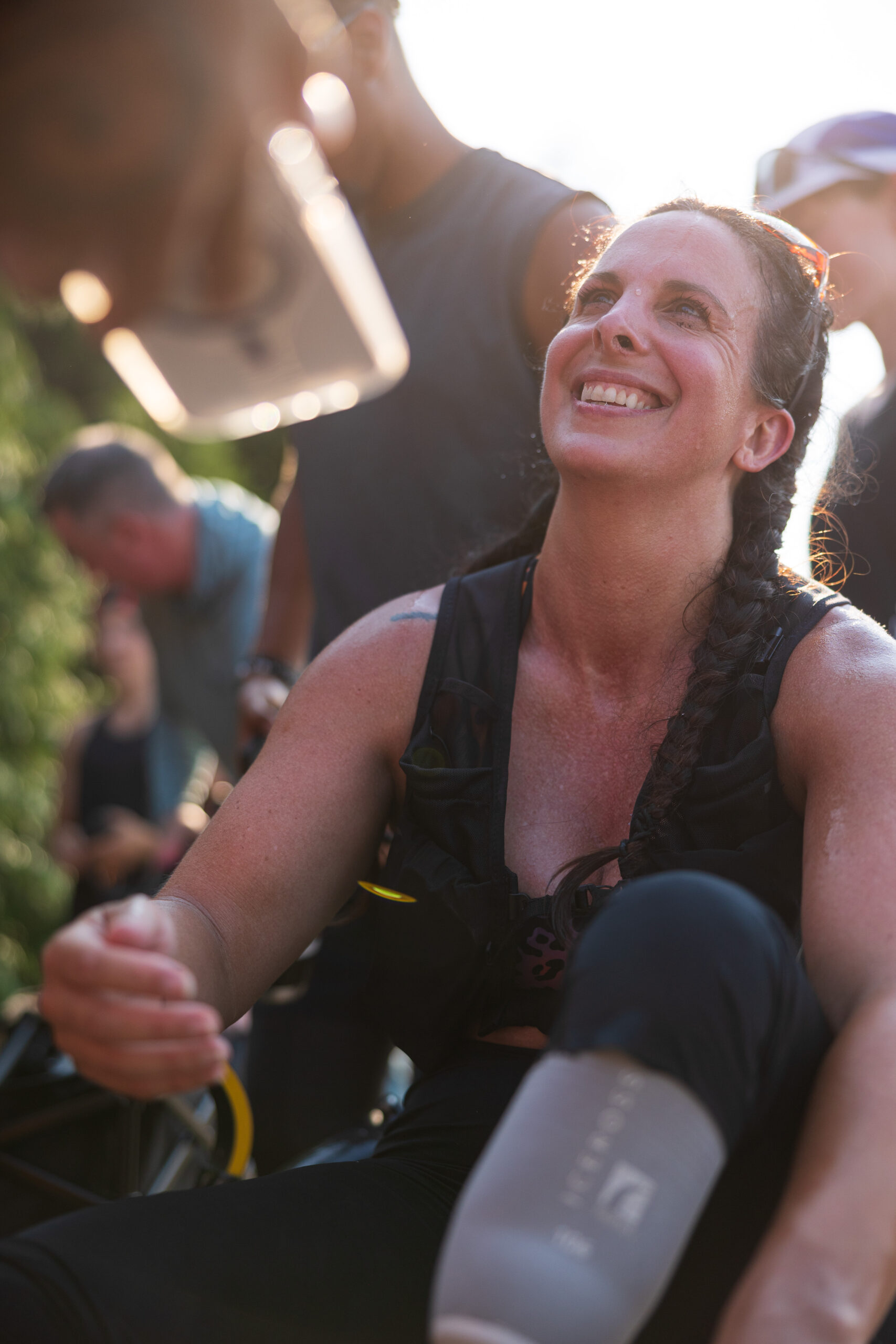

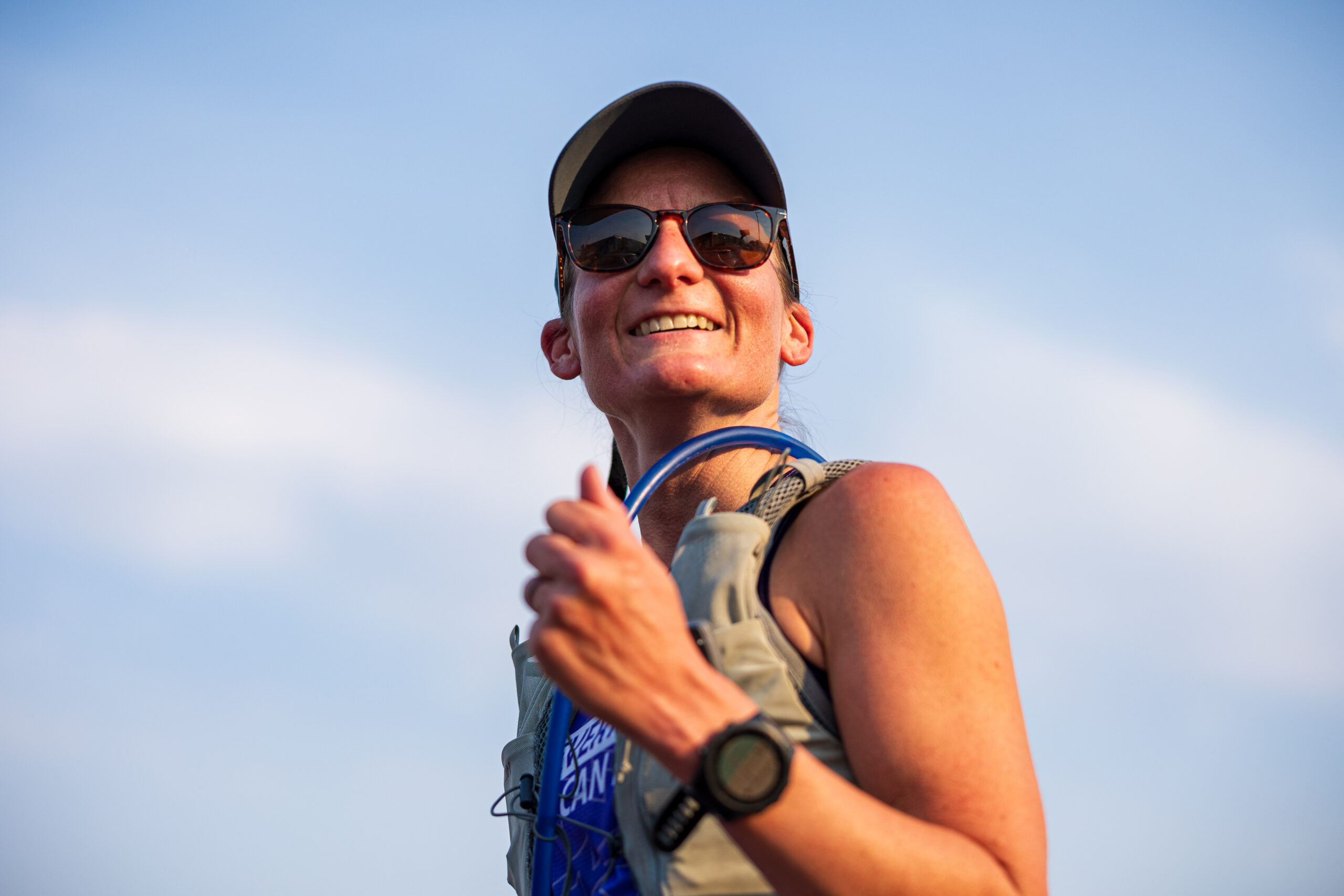
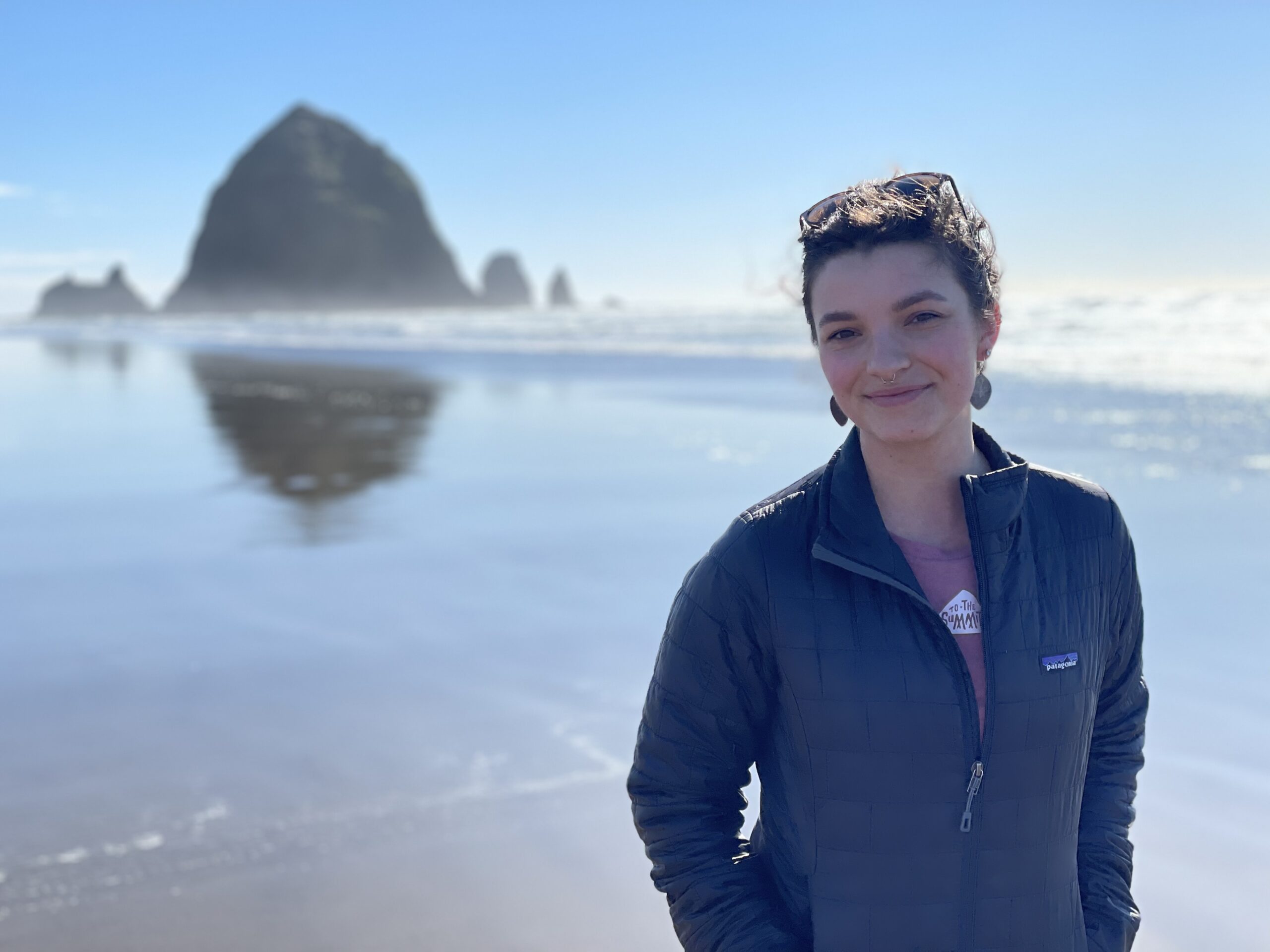
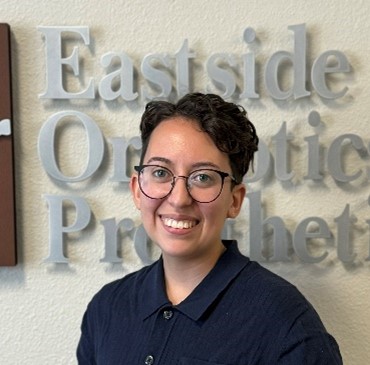
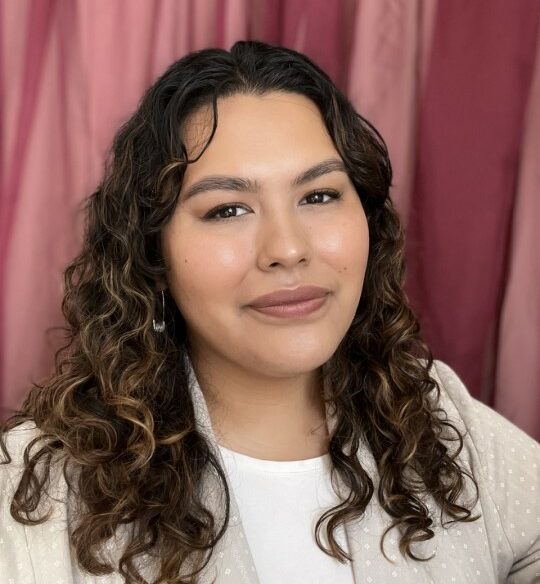
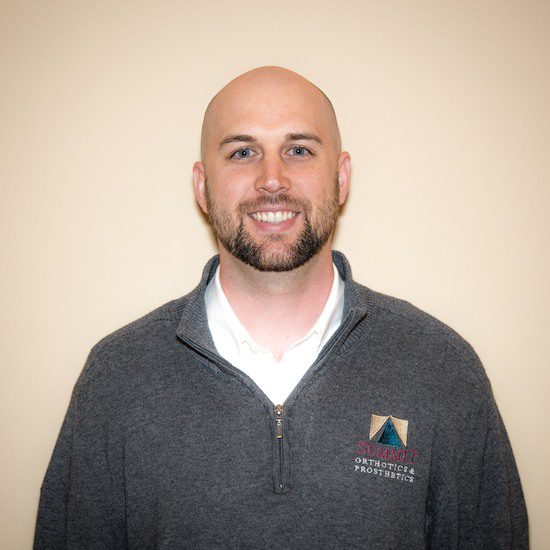



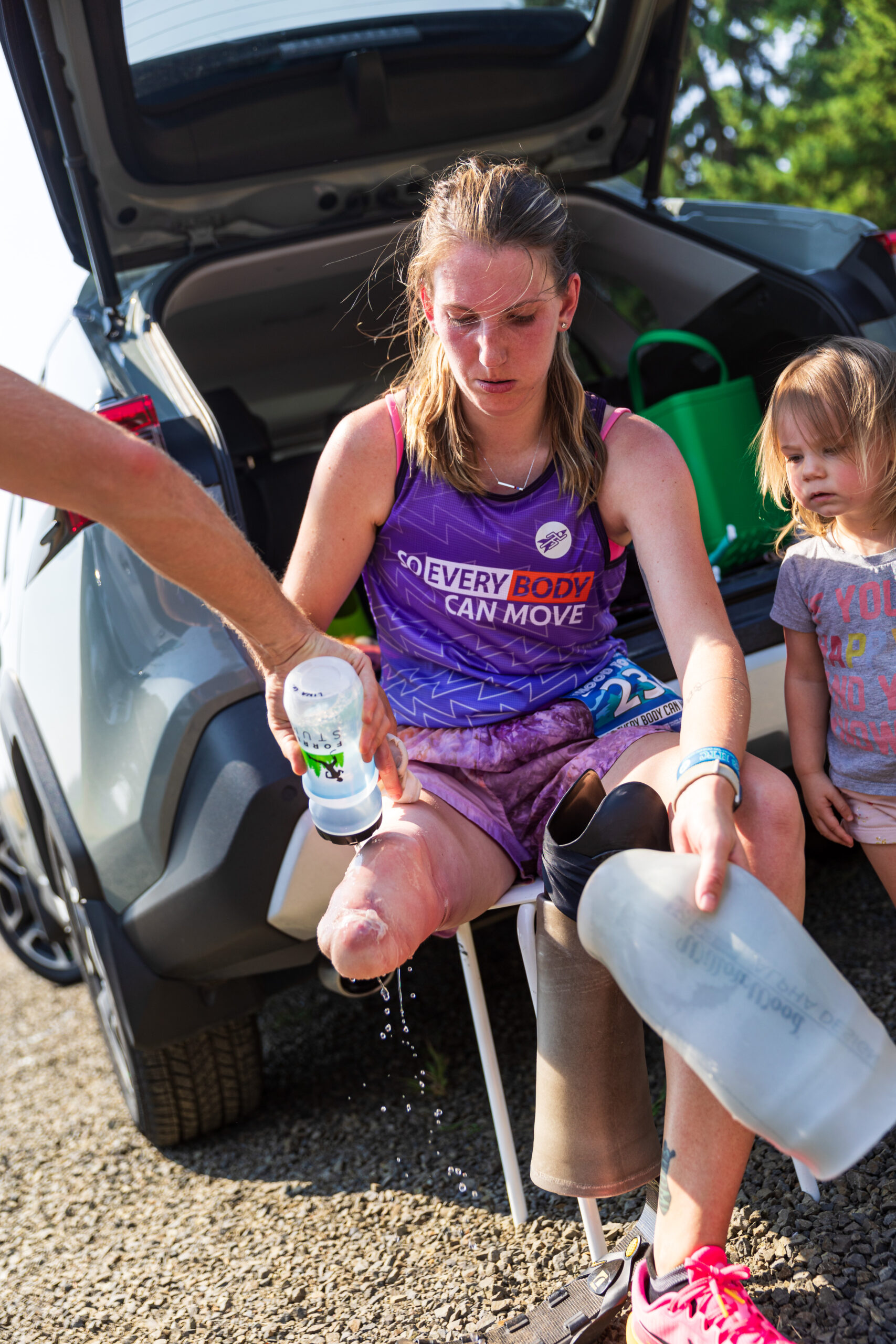

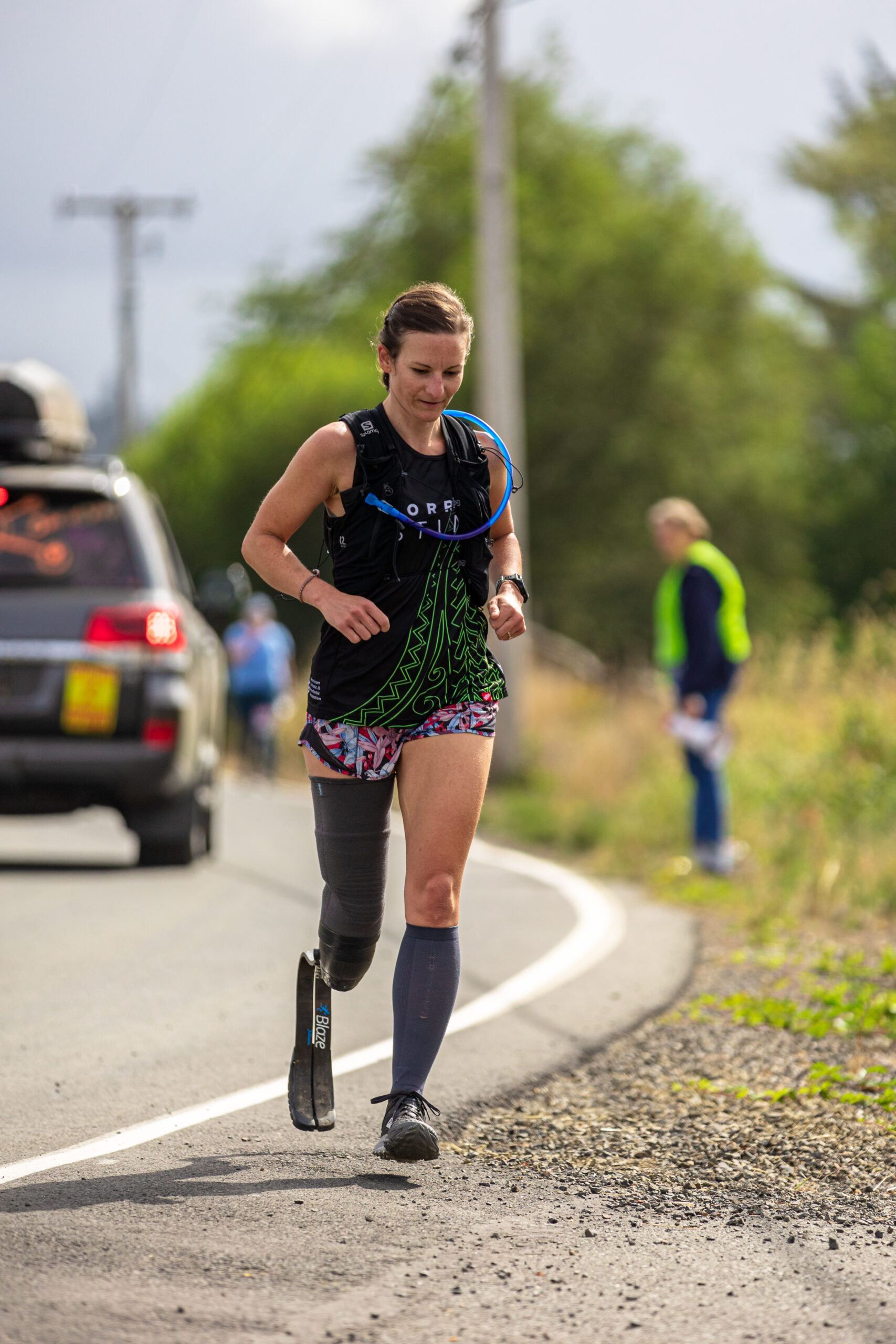
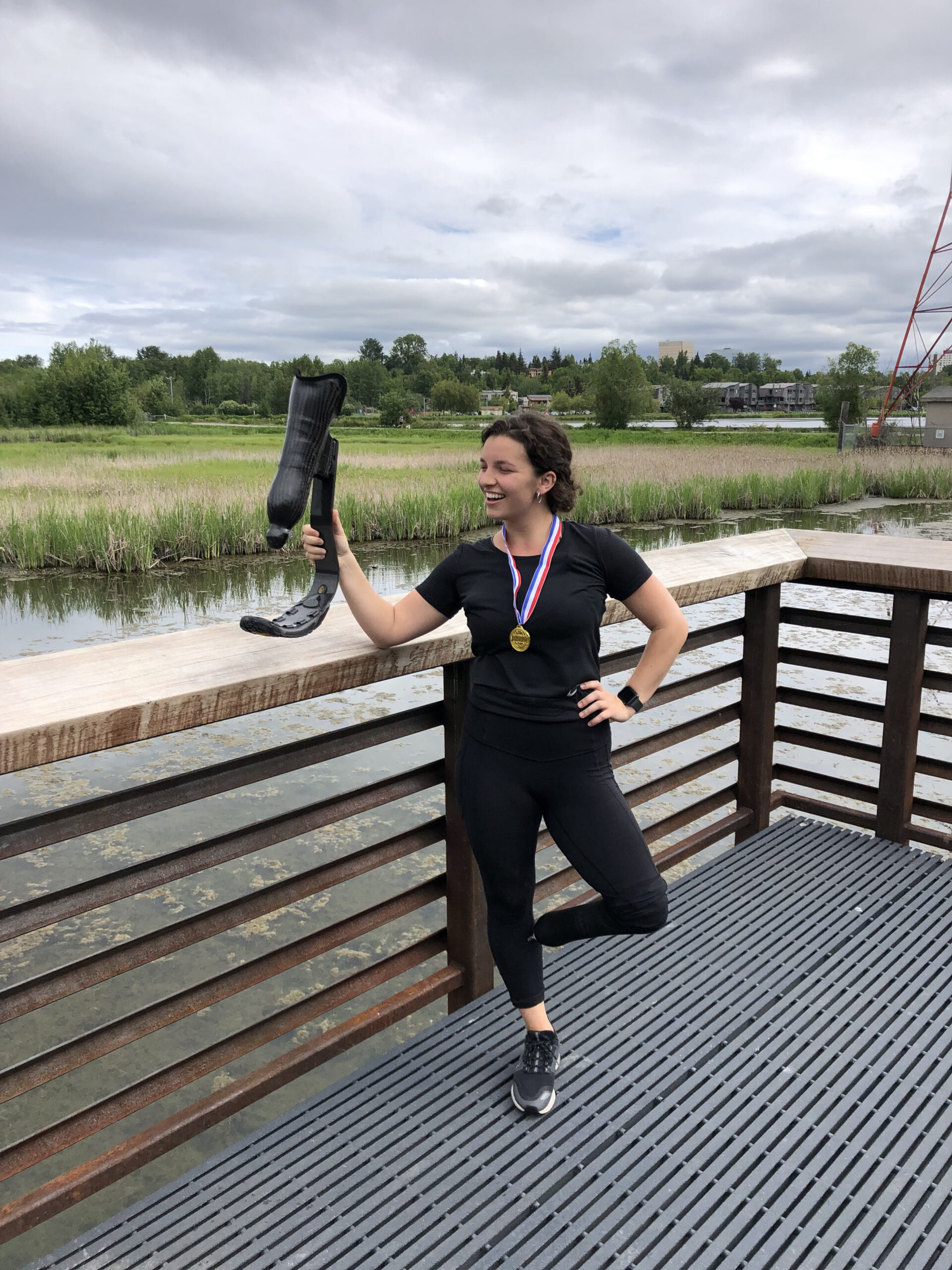
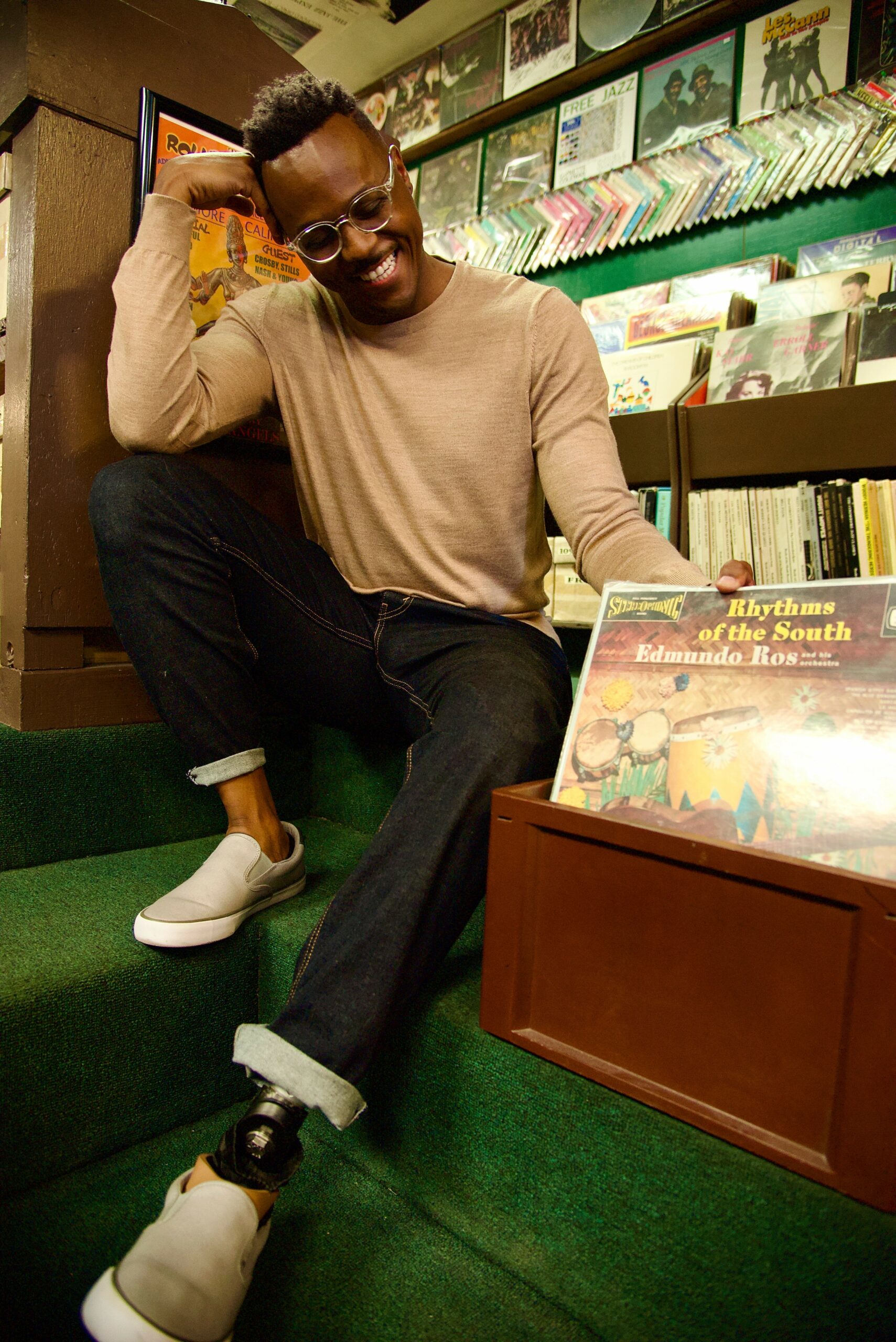

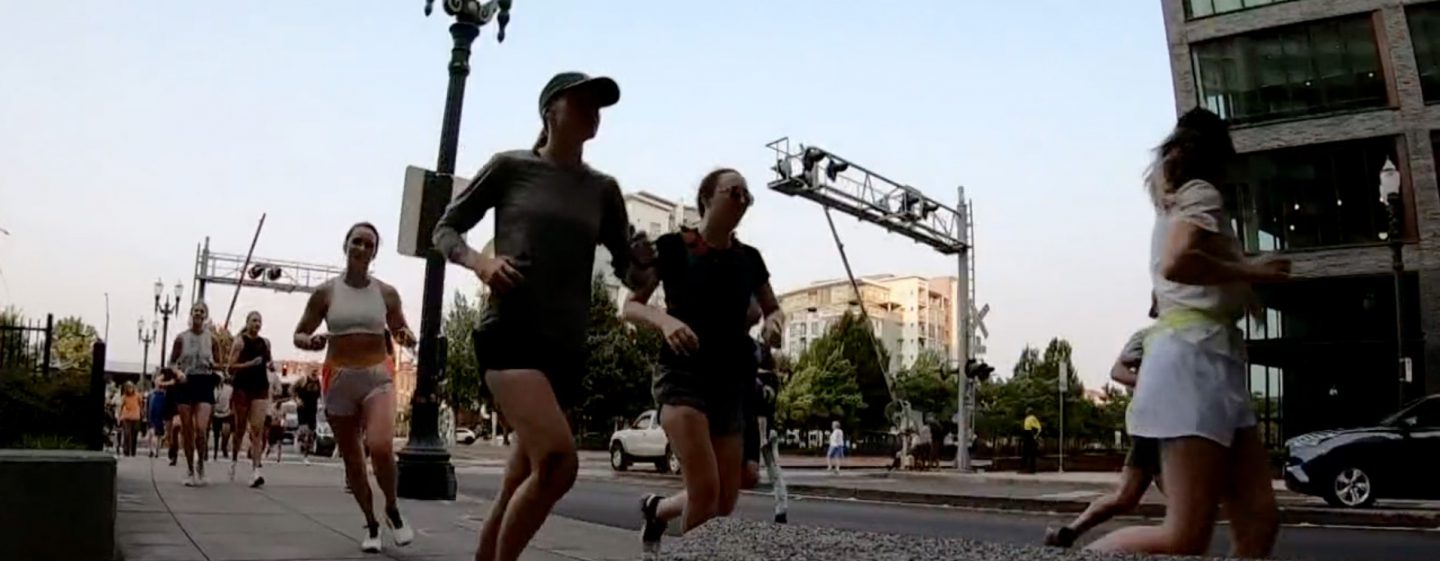
 Scroll to view full list
Scroll to view full list
